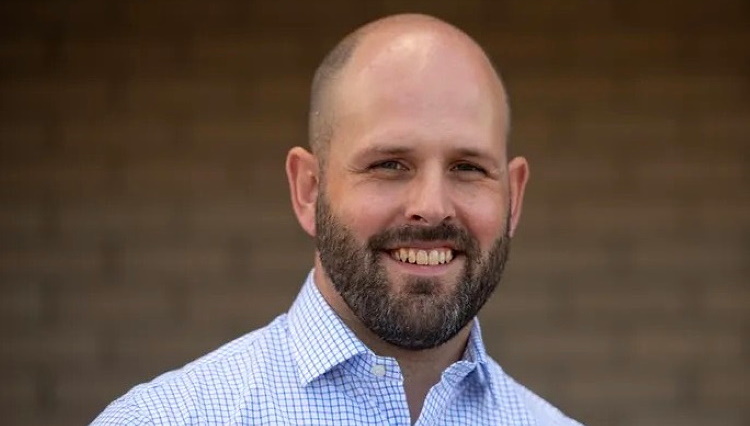Town councillor Patrick Wilson is seeking a third term this fall, with a renewed focus on what he calls the most pressing issue facing Cochrane: ensuring growth pays for itself.
Wilson, who first ran in 2017 citing concerns over traffic, fiscal responsibility, and what he viewed as excessive legislation, says he still has “unfinished business” and plans to continue pushing for reform in how the town approaches development.
“I think it's the managed growth topic — in fact, I know it is,” Wilson said in an interview today. “Each new person that moves to town currently, we're not able to charge appropriately for the cost of their participation in Cochrane. It’s making every person worse off.”
Wilson argues the town has been caught in what he describes as a “development treadmill,” where rapid expansion provides short-term financial gains but long-term strain on municipal resources.
“We grow to get a quick cash infusion, which makes everyone worse off down the road, and then we repeat it,” he said. “We're slowly going broke as a municipality.”
He said his goal is to move Cochrane toward a model where new growth can cover the costs it incurs — something he believes no municipality in Canada has fully achieved.
“It's a problem across the country, but especially here because we’ve grown so fast,” he said. “I want to get us to the tip of the spear nationally — right to the forefront — on this issue.”
Wilson also pointed to the limitations of Alberta’s Municipal Government Act (MGA), which he says restricts municipalities from charging developers the full costs associated with growth. While he welcomes upcoming changes to Cochrane’s offsite levy bylaw — slated for public hearing this fall — he says the revisions are only a “step forward,” not a complete solution.
“It expands the scope slightly for what we can charge for, but it doesn’t get us to break-even,” said Wilson. “We're just slightly decelerating the growth problem.”
He emphasized that the broader solution must include both policy reform from the province and increased infrastructure funding.
Wilson has spent years extensively researching the issue, and in recent terms, his contributions at the council table have made that work increasingly visible. He believes Cochrane can lead the way in addressing the financial sustainability challenges that come with rapid growth.
“If the province lets us charge appropriately and starts funding municipalities again like they used to, we could get there,” he said. “But until then, we have to make smart decisions. We owe it to the next generation.”
Cochrane’s municipal election is set for Oct. 20.
